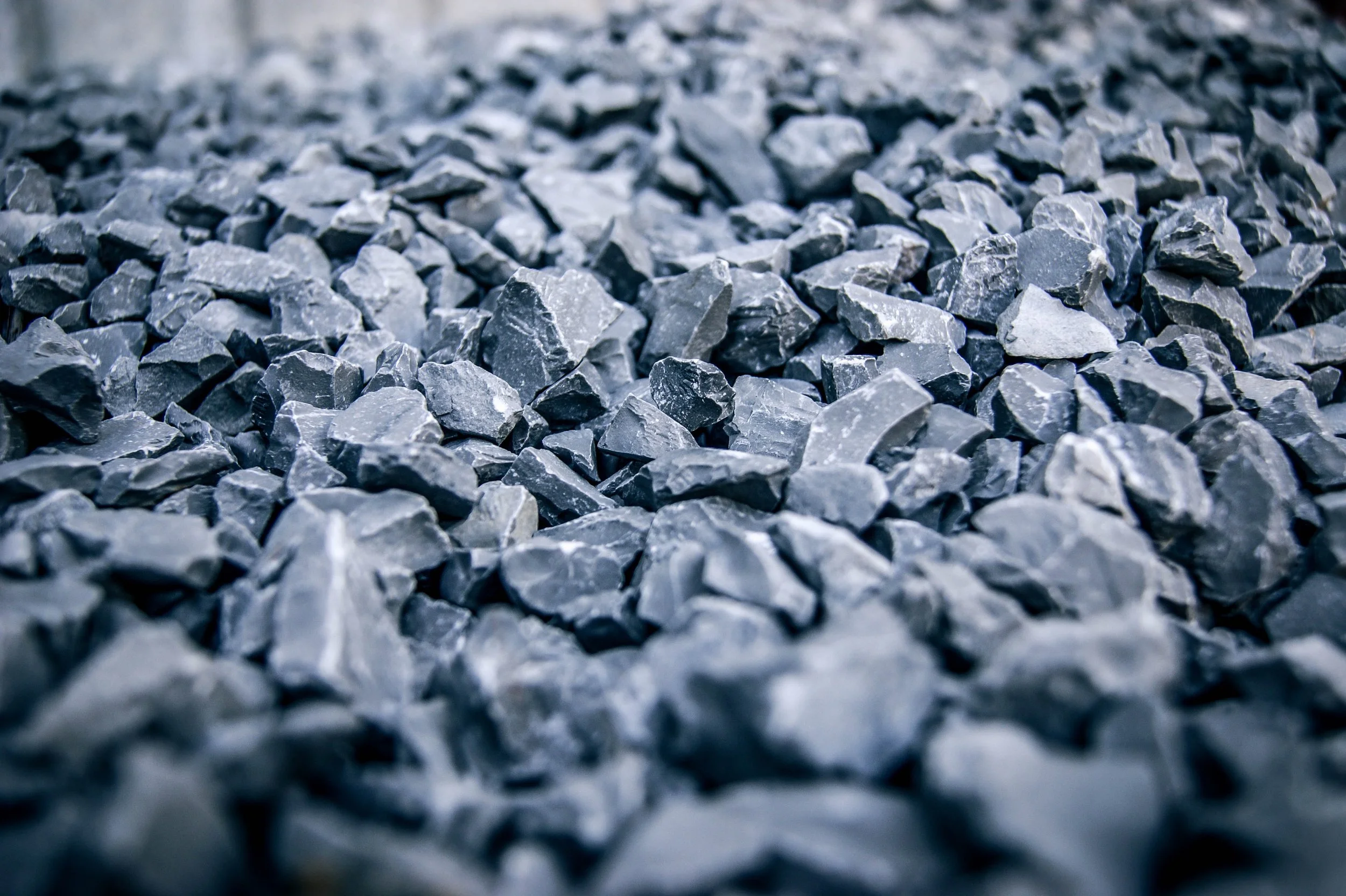WHAT IS ASPHALT PAVEMENT AND WHAT ARE ITS ADVANTAGES?
ASPHALT PAVEMENT
Asphalt pavement is a type of paving material that is composed of asphalt, a mix of bitumen and mineral aggregate. It is commonly used for road construction, driveways, parking lots, and other surfaces that require a durable and smooth surface.
Asphalt pavement is created by mixing asphalt with aggregate, which can include sand, gravel, crushed stone, or recycled concrete. The mixture is then heated to a high temperature and poured onto the prepared surface. After it cools and hardens, it forms a strong and durable surface that can withstand heavy traffic and harsh weather conditions.Asphalt Pavement is durable. It is resistant to cracking and can withstand the weight of heavy vehicles, such as trucks and buses. It is also flexible, allowing it to expand and contract with changes in temperature. This helps to prevent cracks and potholes from forming on the surface.Also, asphalt pavement is cheap. It is less expensive than other paving materials, such as concrete, and it can be installed quickly and easily. It is also easy to maintain, requiring only occasional sealcoating to keep it looking fresh and new.Further, asphalt pavement is also environmentally friendly. It is made from natural materials and is 100% recyclable. Asphalt can be recycled and used to create new pavement, reducing the need for new materials and saving natural resources.Despite its many benefits, asphalt pavement does have some drawbacks. It is susceptible to damage from oil and other chemicals, which can cause it to become brittle and crack. It also requires regular maintenance, such as sealcoating, to keep it looking good and functioning properly.What are the advantages of using asphalt pavement?
There are several advantages to using asphalt pavement, including its durability, versatility, cost-effectiveness, and sustainability.
One of the main advantages of asphalt pavement is its durability. Asphalt is a flexible material that is able to withstand a wide range of temperatures and weather conditions without cracking or breaking. This makes it an ideal choice for roads, driveways, and parking lots in areas with extreme climates. Asphalt is also resistant to damage from vehicle traffic, including heavy loads and high speeds. With proper maintenance, asphalt pavement can last for many years, providing a long-lasting and cost-effective solution for surface paving.
Another advantage of asphalt pavement is its versatility. Asphalt can be easily molded and shaped to fit a variety of different surfaces, making it a suitable choice for both residential and commercial paving projects. It can be used to pave roads, driveways, parking lots, and even bike paths and playgrounds. Asphalt is also available in a range of colors and textures, allowing for a customized look that can enhance the aesthetic appeal of any property.
In terms of cost-effectiveness, asphalt pavement is a highly economical choice for paving projects. It is less expensive to install than other types of paving materials, such as concrete, and it requires minimal maintenance over time. Asphalt can also be easily repaired if it becomes damaged, which can help to save on costs in the long run. Additionally, the smooth and durable surface of asphalt pavement can help to reduce fuel consumption and vehicle wear and tear, which can result in long-term cost savings.
Furthermore, asphalt pavement is a sustainable choice for paving projects. Asphalt is made up of a mixture of natural and recycled materials, which reduces the need for virgin materials and helps to conserve natural resources. Asphalt is also 100% recyclable, which means that it can be repurposed and used again in future paving projects. This makes it a more environmentally friendly option compared to other types of paving materials.
In addition to the advantages mentioned above, there are several other benefits to using asphalt pavement. For example, asphalt is a relatively quiet paving material, which can be an important consideration for residential areas. The smooth and seamless surface of asphalt also promotes better drainage, which can help to prevent flooding and water damage. Asphalt is also highly reflective, which can help to reduce glare and improve visibility for drivers, especially at night.
Another advantage of asphalt pavement is that it is easy to clean and maintain. Asphalt is a non-porous material, which means that it does not absorb oil or other liquids. This makes it easy to remove spills and stains, and helps to prevent the buildup of dirt and debris. Asphalt pavement also requires minimal maintenance, which can save on labor and materials costs over time. Regular sealcoating and crack filling can help to extend the life of the pavement and keep it looking like new.
How is asphalt pavement installed?
Asphalt pavement is typically installed using a process known as hot mix asphalt (HMA) construction. This involves mixing aggregate, asphalt binder, and other additives together in a heated mixing plant to create a uniform and durable paving material. The hot mix asphalt is then transported to the construction site and laid down in layers on a prepared base, using specialized paving equipment.
The first step in the HMA construction process is to prepare the base layer. This involves grading and compacting the surface to create a stable and level foundation for the asphalt pavement. The base layer may also include a subbase layer of gravel or crushed stone, which provides additional support and helps to prevent settlement and erosion.
Once the base layer has been prepared, the hot mix asphalt is delivered to the construction site and placed in layers on top of the base. The asphalt is typically laid down in multiple lifts or passes, with each layer being compacted using specialized equipment to create a smooth and uniform surface. The thickness of the asphalt pavement depends on the intended use and the underlying soil conditions, but it is typically between 2 and 4 inches.
After the asphalt pavement has been laid and compacted, it is allowed to cool and cure for a period of time. This allows the asphalt binder to harden and bind the aggregate together, creating a strong and durable surface. Once the asphalt has cured, it is ready for use and can be driven on or used for other activities, such as parking or recreational activities.
In summary, the installation of asphalt pavement involves preparing the base layer, laying down the hot mix asphalt in multiple lifts, and compacting it to create a smooth and uniform surface. This process is typically performed by specialized paving contractors who have the equipment and expertise to ensure a high-quality and long-lasting asphalt pavement.
Can asphalt pavement be recycled?
Asphalt is a 100% recyclable material, which means that it can be repurposed and used again in future paving projects. This makes it a more sustainable and environmentally friendly option compared to other types of paving materials.
The process of recycling asphalt involves breaking up the existing pavement and crushing it into small pieces. These pieces are then transported to a recycling facility, where they are heated and mixed with a new asphalt binder to create a new paving material. This recycled asphalt can be used in a variety of applications, including roads, driveways, and parking lots.
One of the main benefits of asphalt recycling is that it reduces the need for virgin materials and helps to conserve natural resources. It also reduces the amount of waste that is sent to landfills, which can help to reduce greenhouse gas emissions and improve air and water quality.
In addition to these environmental benefits, asphalt recycling can also provide economic advantages. Recycling asphalt is typically less expensive than producing new asphalt, which can help to save on material and labor costs. Additionally, the use of recycled asphalt can help to extend the life of existing pavement, which can save on maintenance and repair costs over time.
Overall, the advantages of using asphalt pavement make it a popular choice for a wide range of paving projects. Its durability, versatility, cost-effectiveness, and sustainability make it an ideal solution for roads, driveways, and parking lots. With proper installation and maintenance, asphalt pavement can provide a long-lasting and reliable surface that can withstand the demands of modern vehicular traffic. Also, asphalt recycling is a sustainable and cost-effective option for paving projects. It reduces the need for virgin materials, conserves natural resources, and reduces waste. It also provides economic advantages by lowering material and labor costs, and extending the life of existing pavement. Asphalt recycling involves breaking up and crushing existing pavement, and then mixing it with a new asphalt binder to create a new paving material. This recycled asphalt can be used in a variety of applications, including roads, driveways, and parking lots. By using recycled asphalt, paving contractors can help to reduce their environmental impact and save on costs, while still providing high-quality and durable pavement surfaces.Featured Blogs
SIKES CONCRETE INC.
8030 FL-77, Southport, FL 32409
850-265-4564






